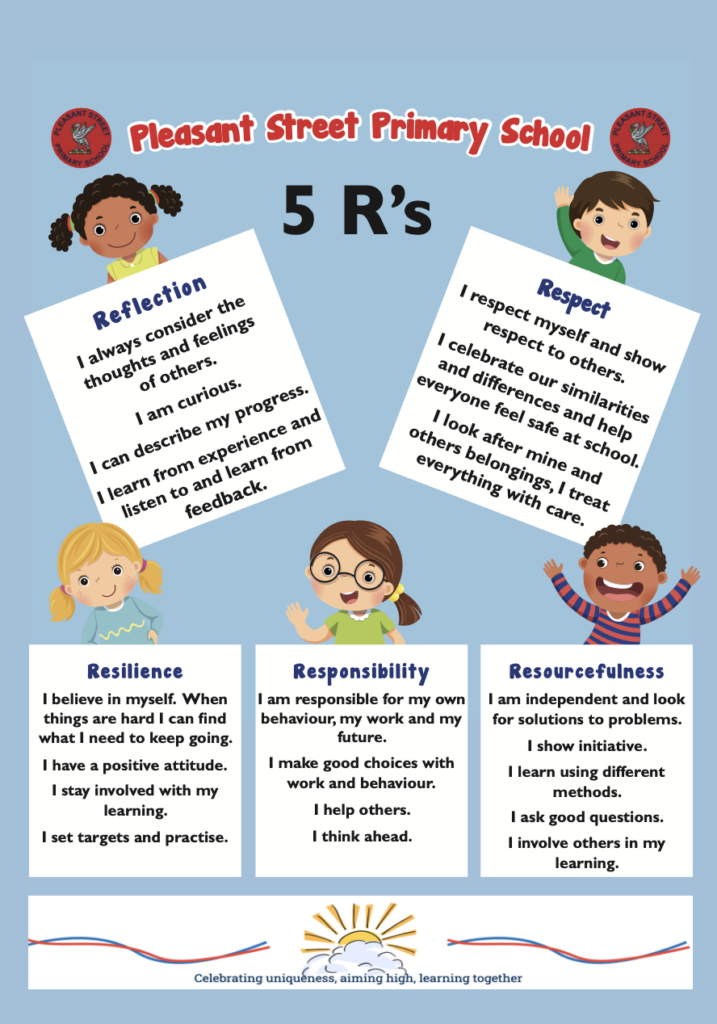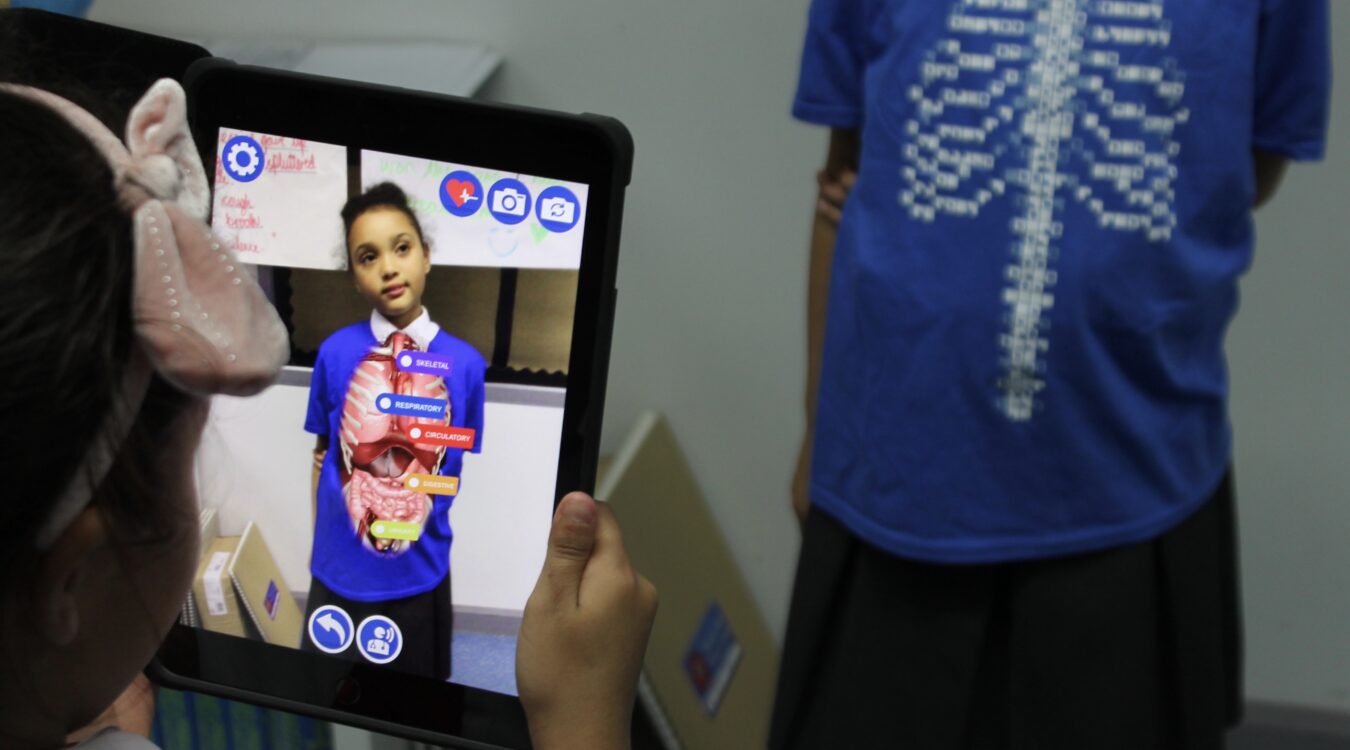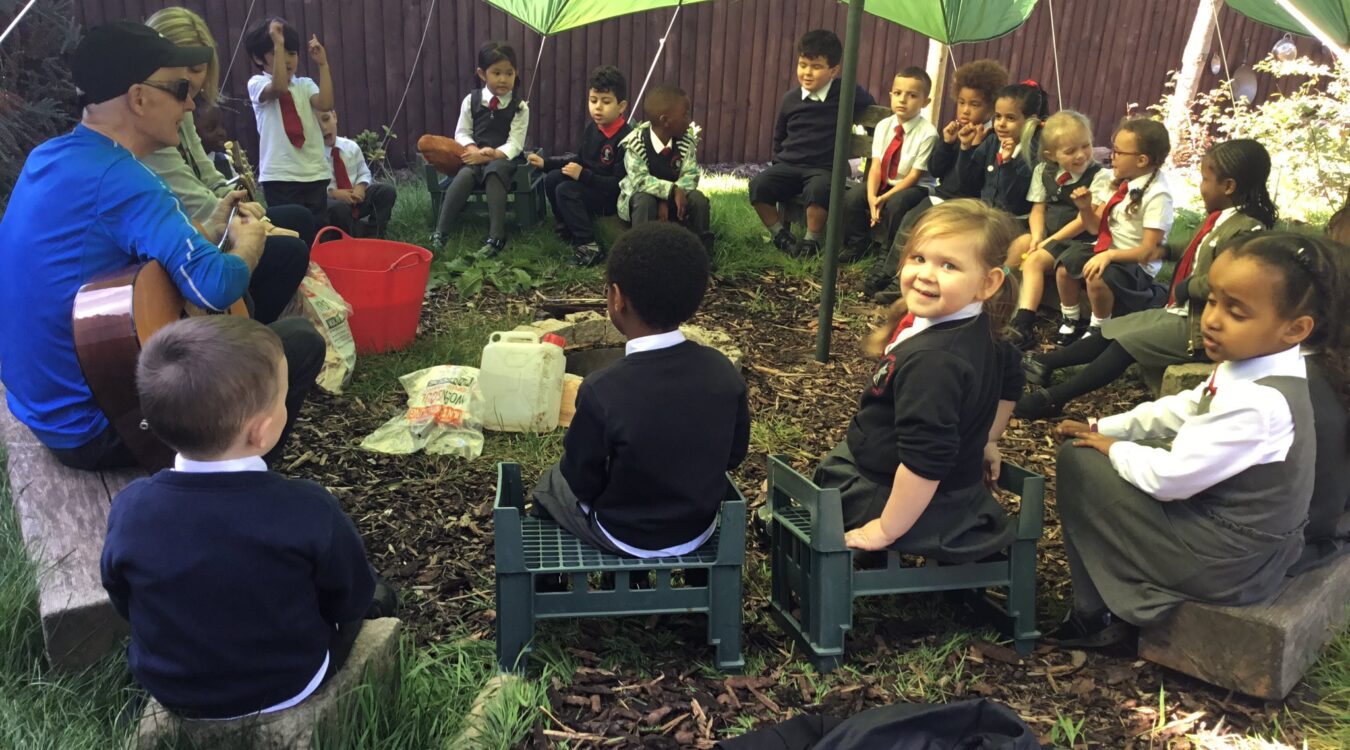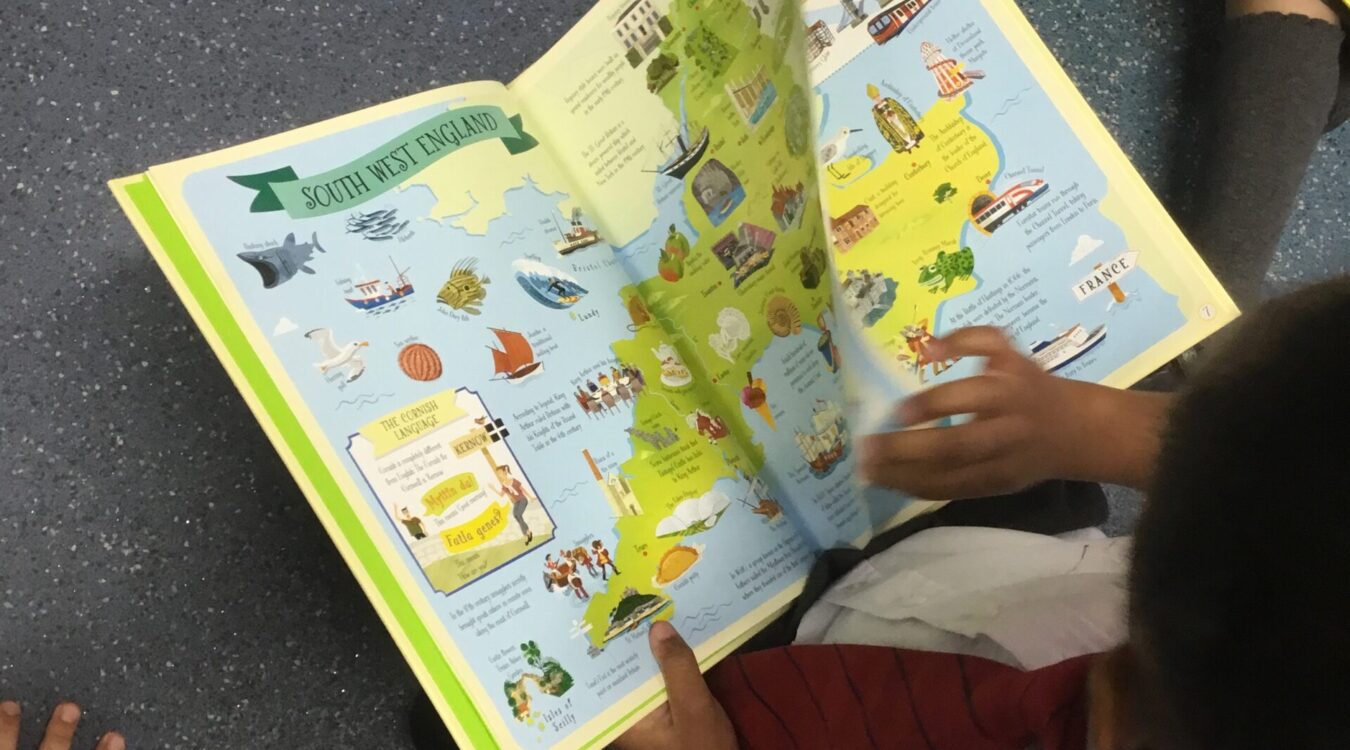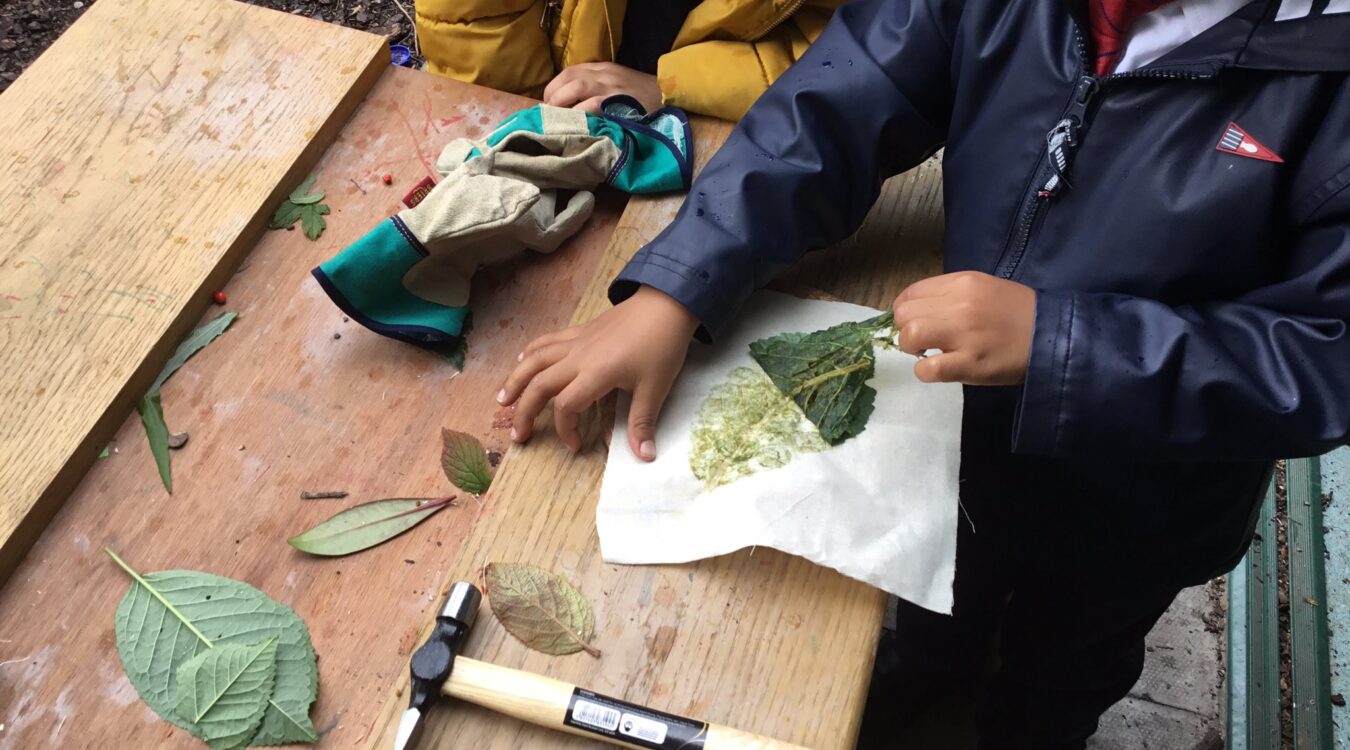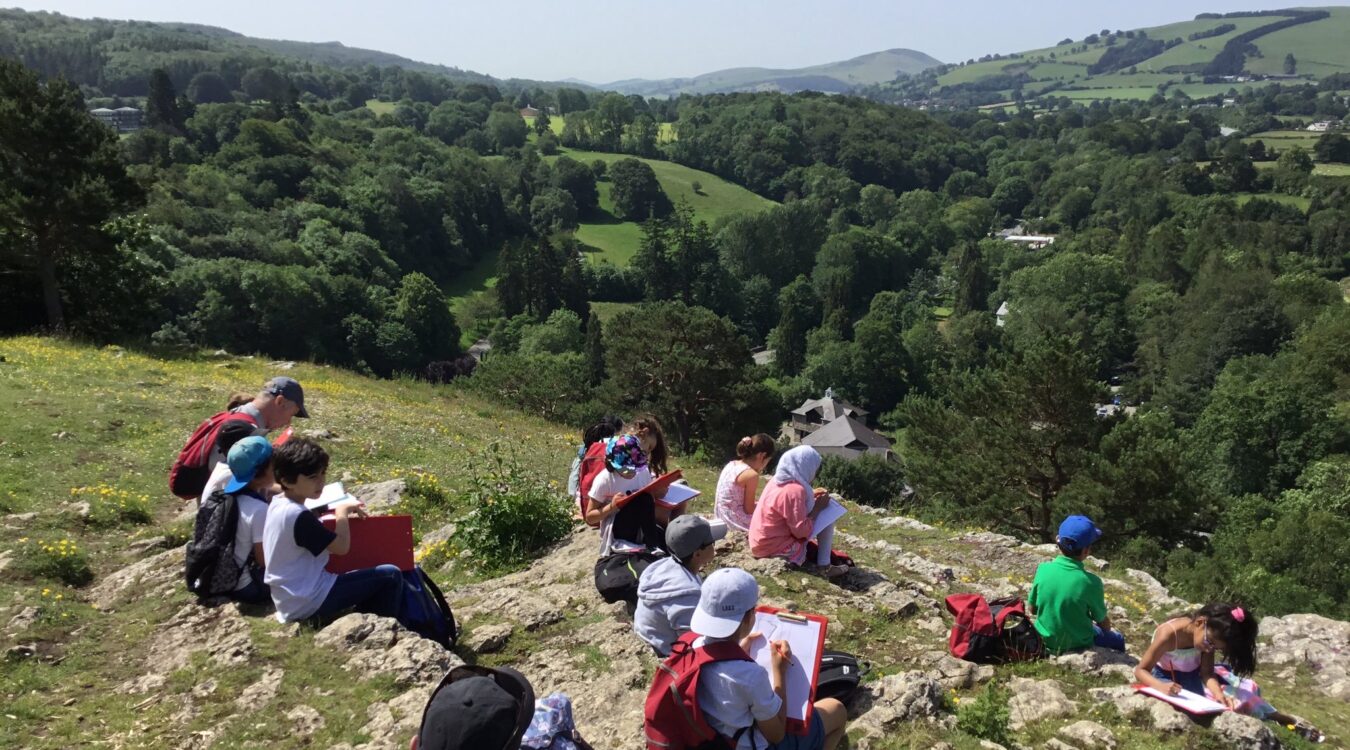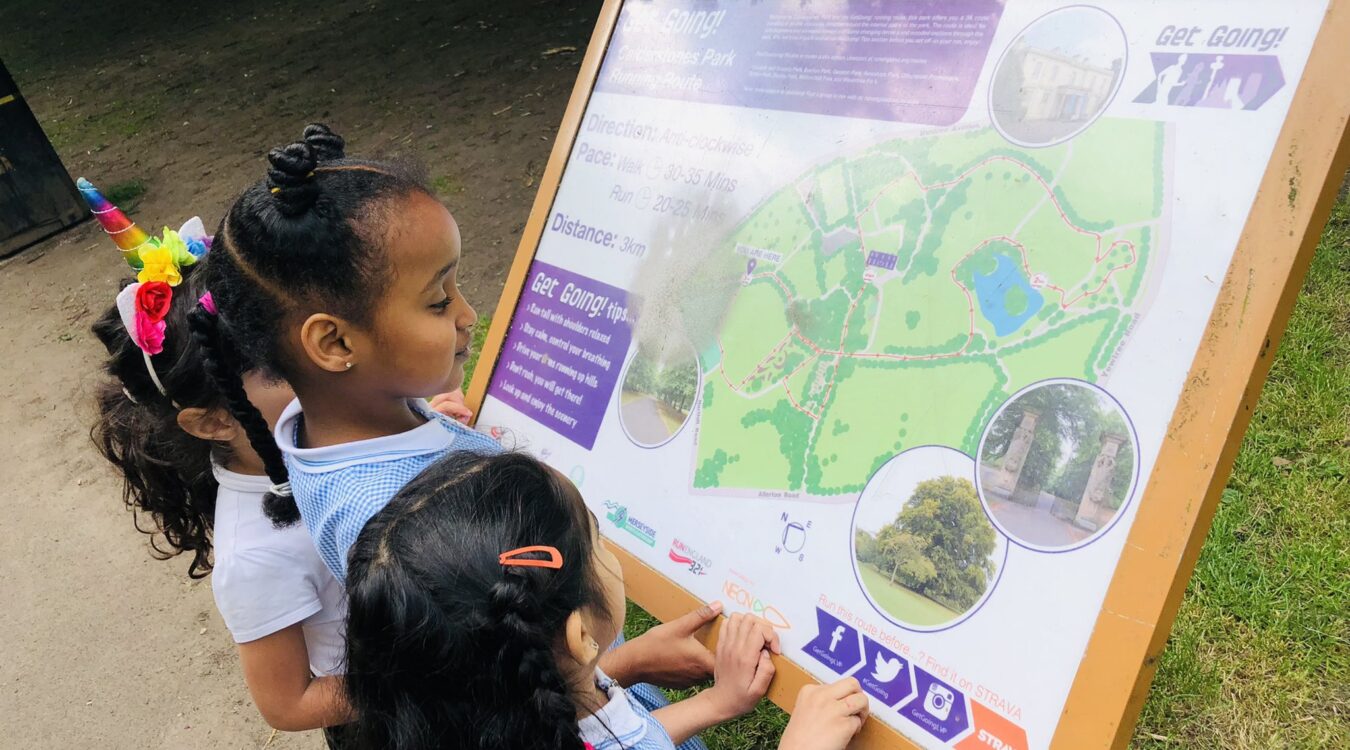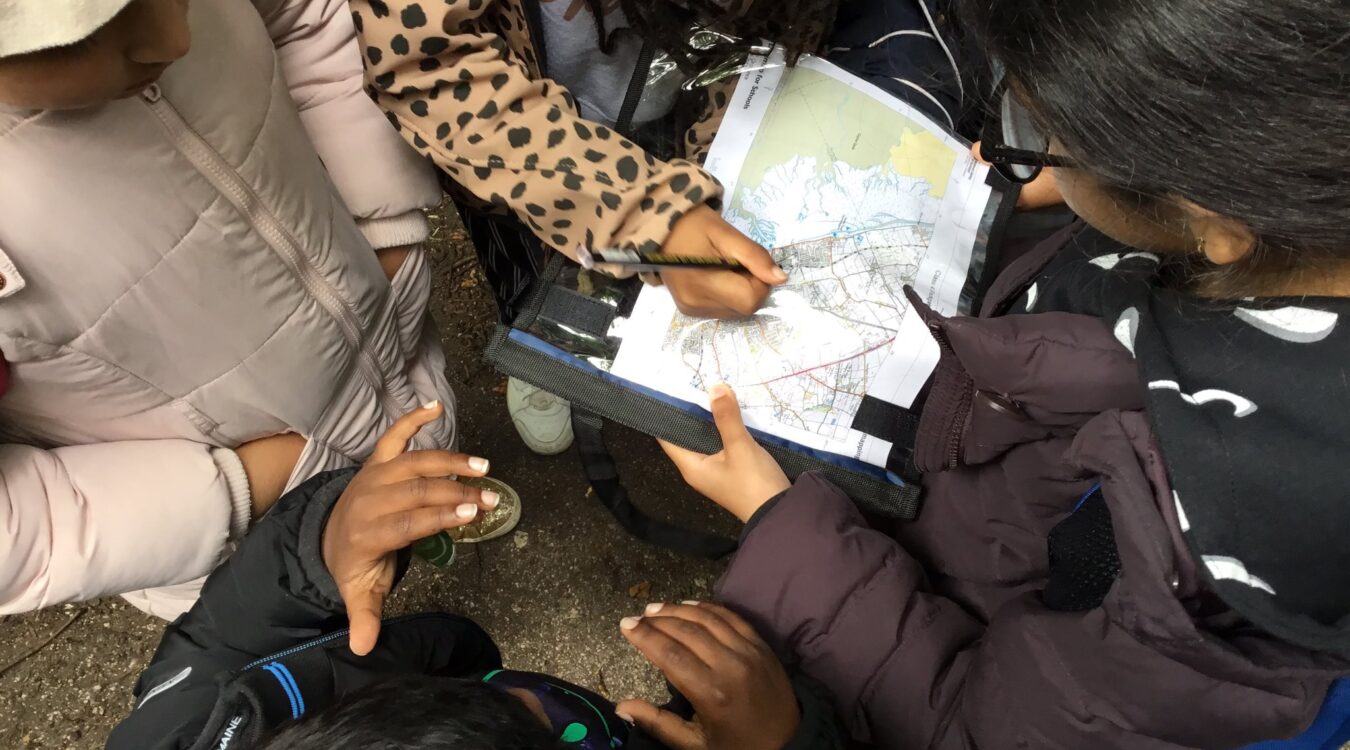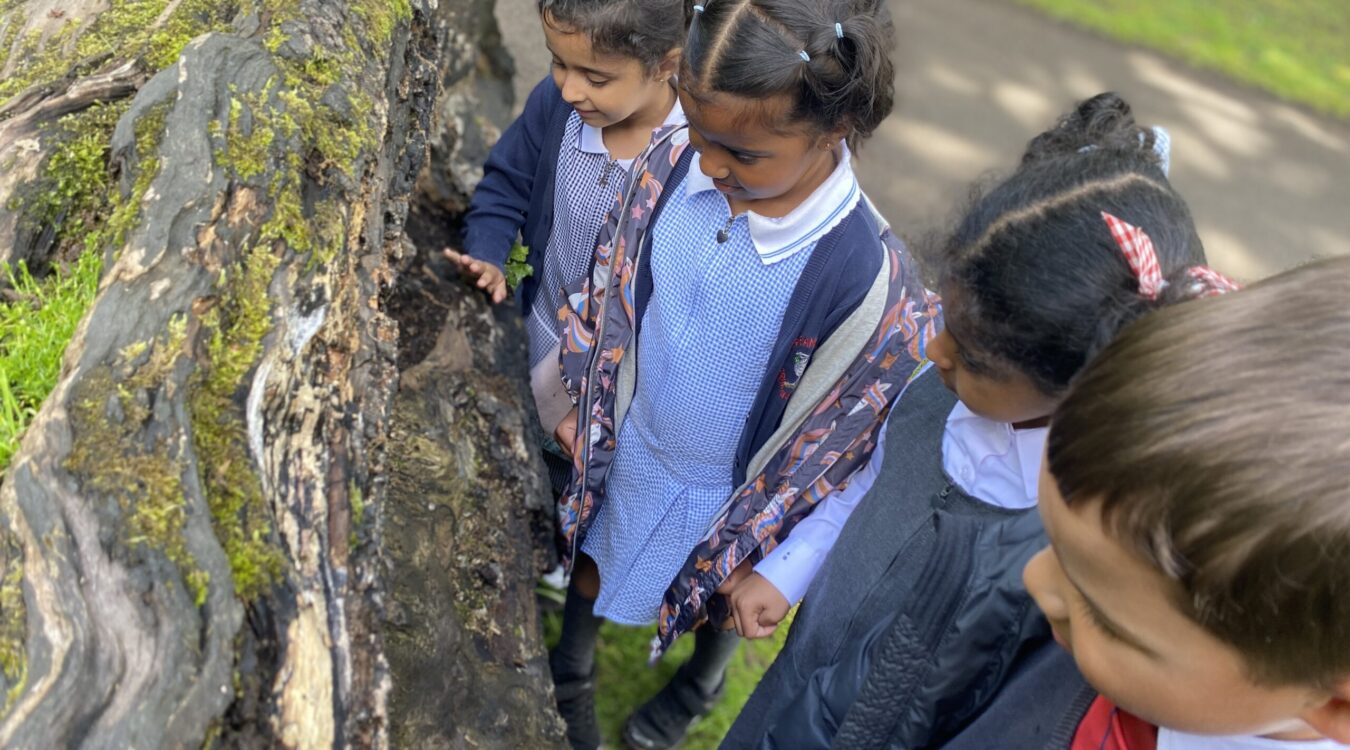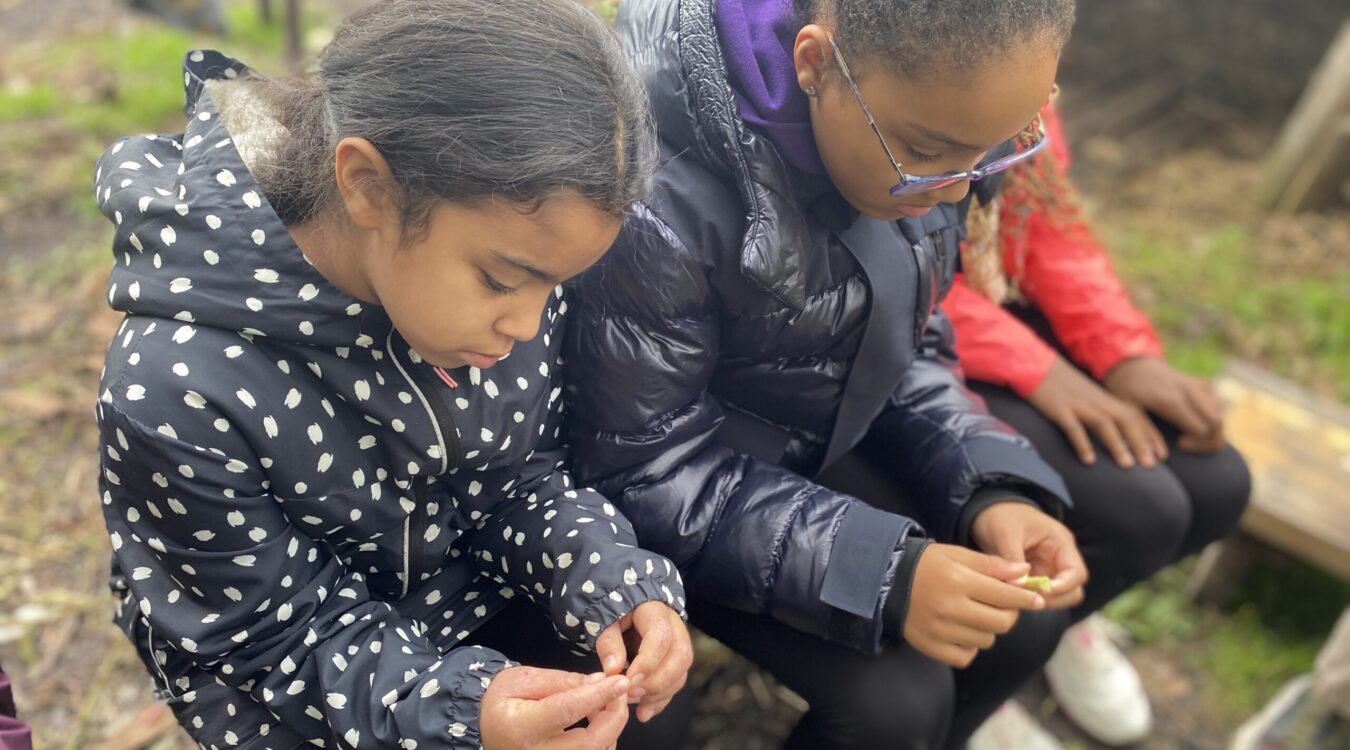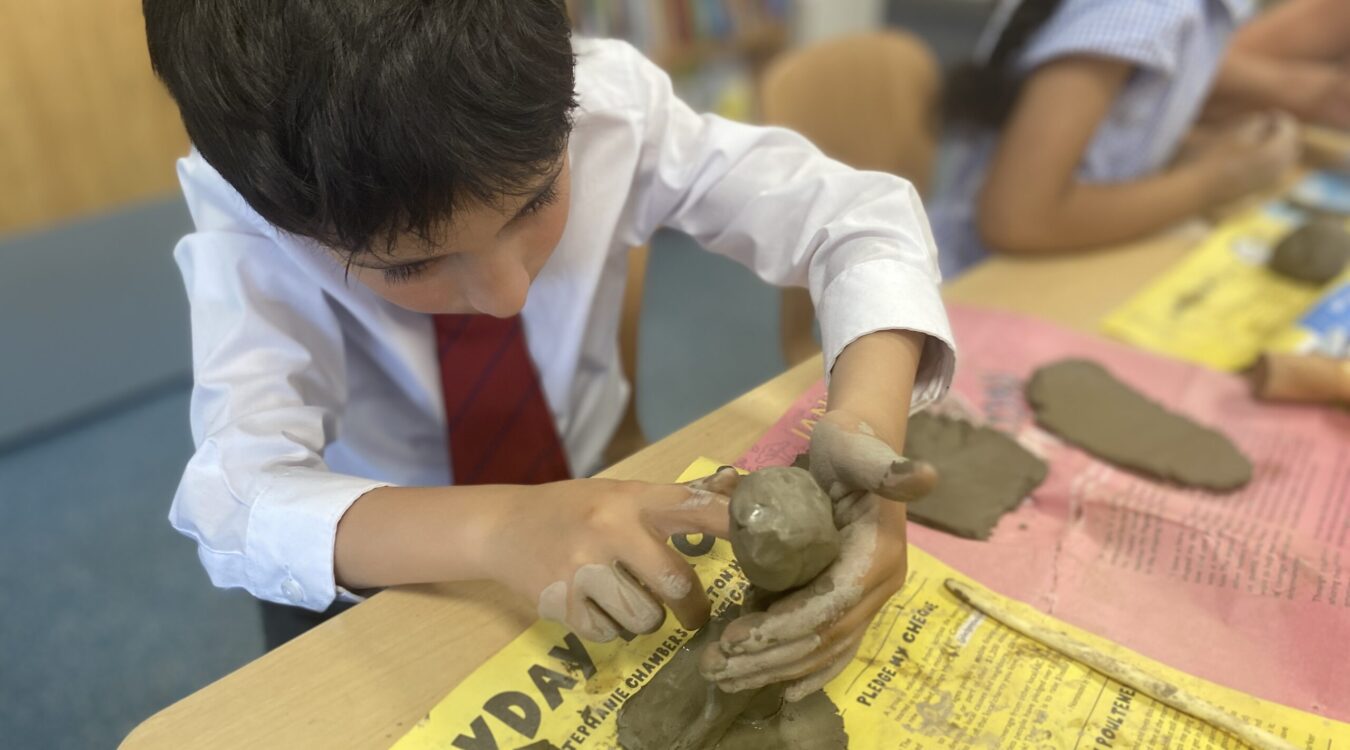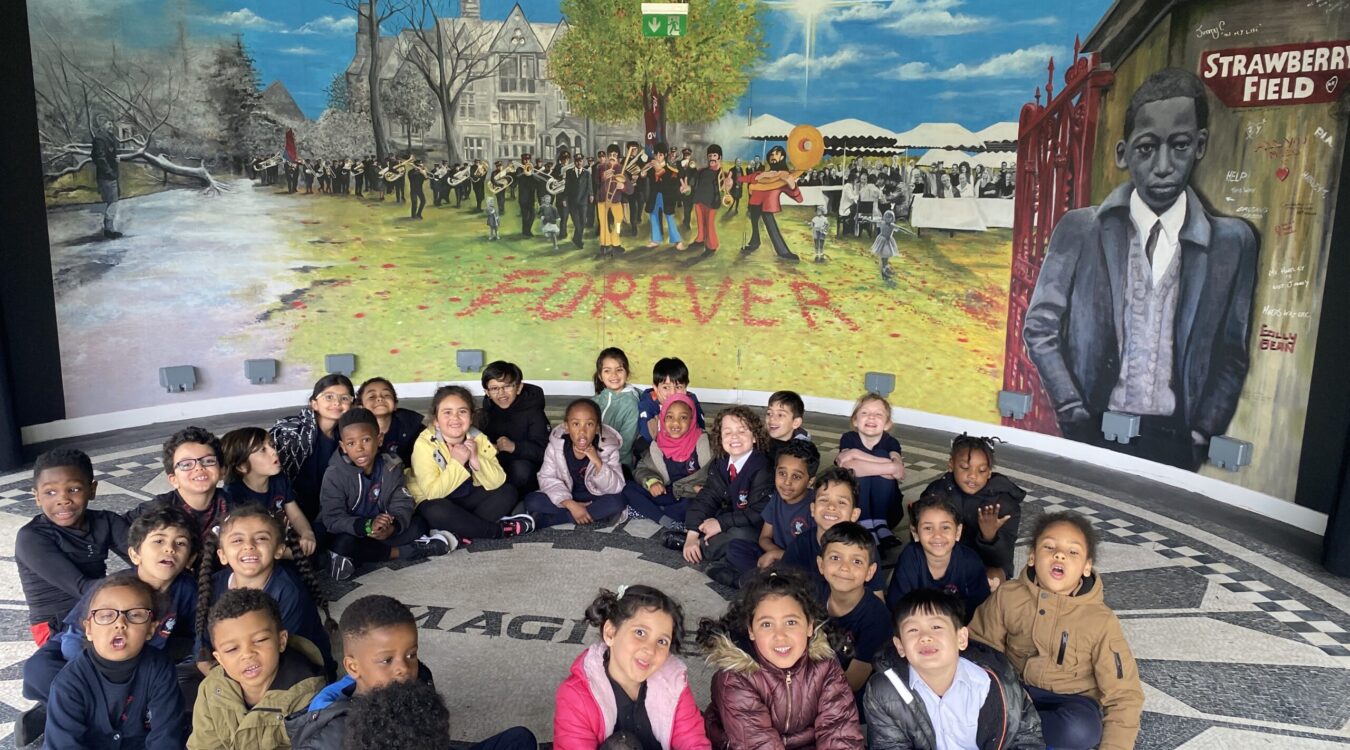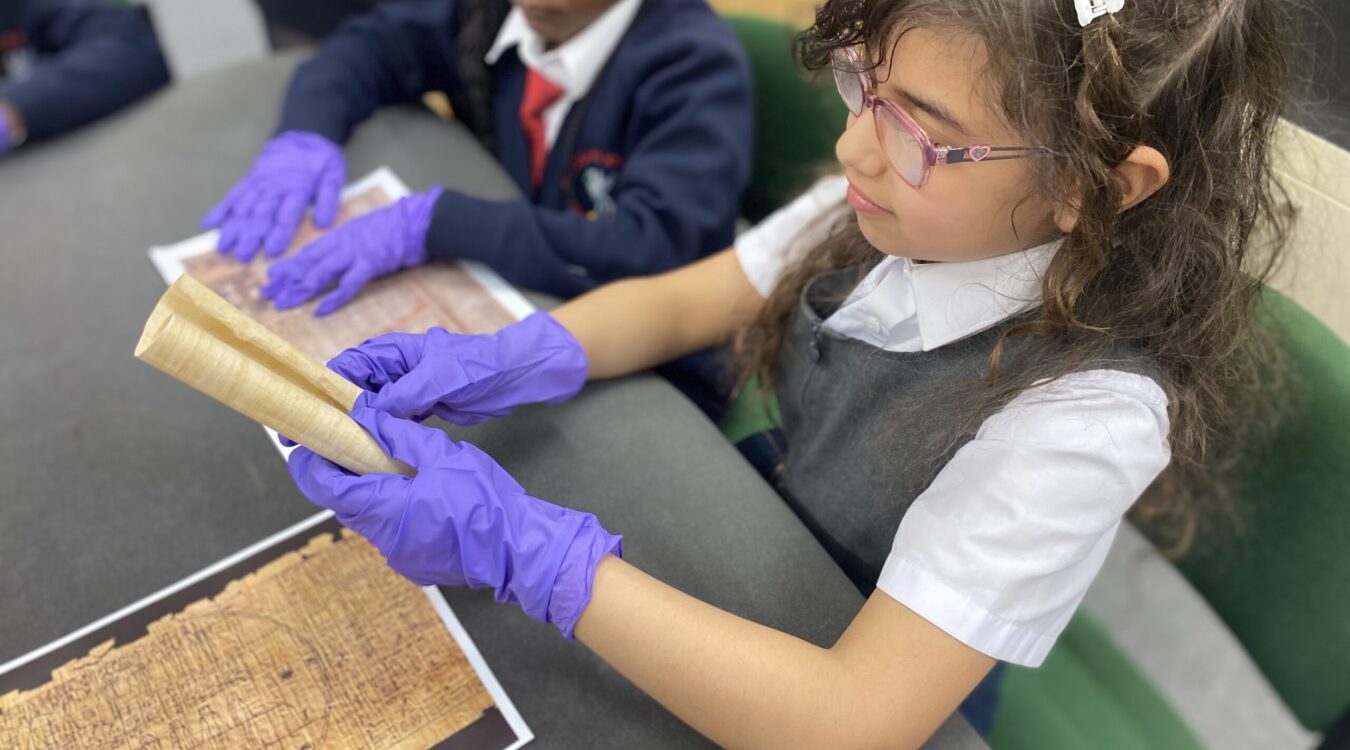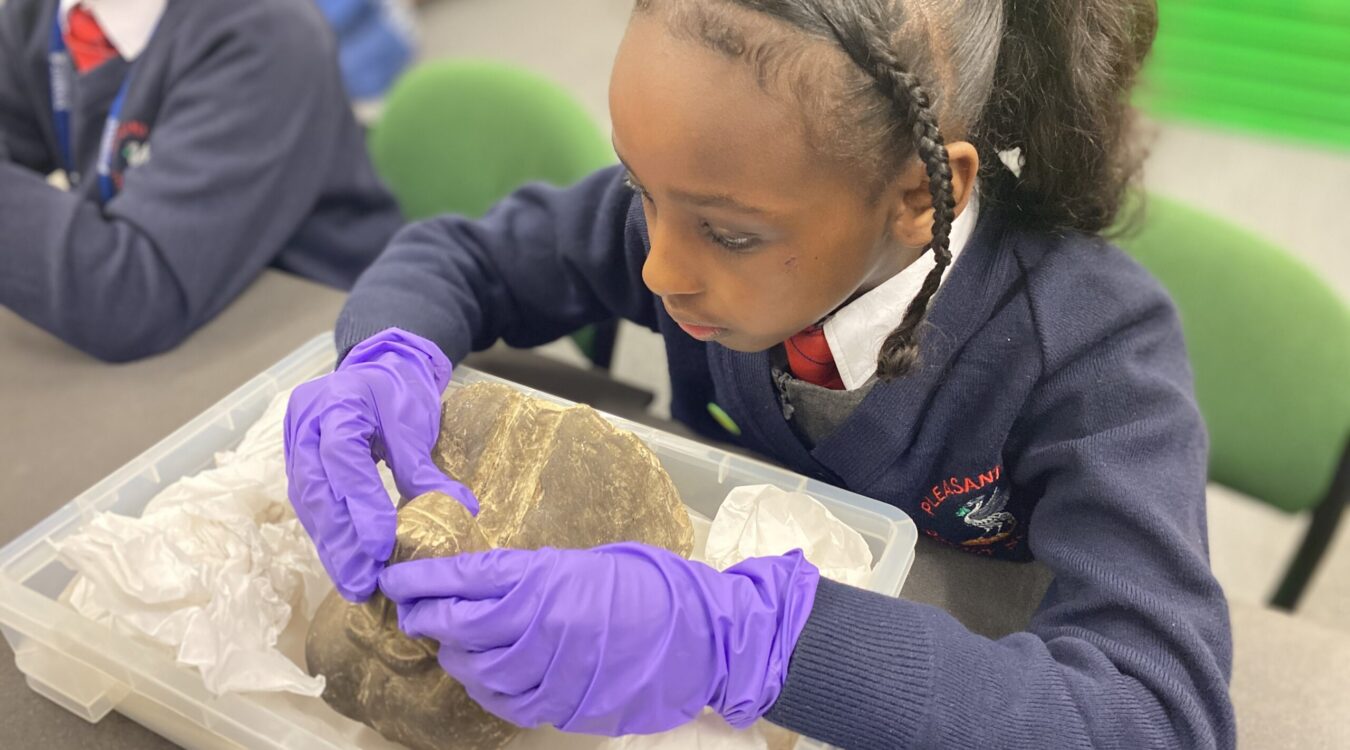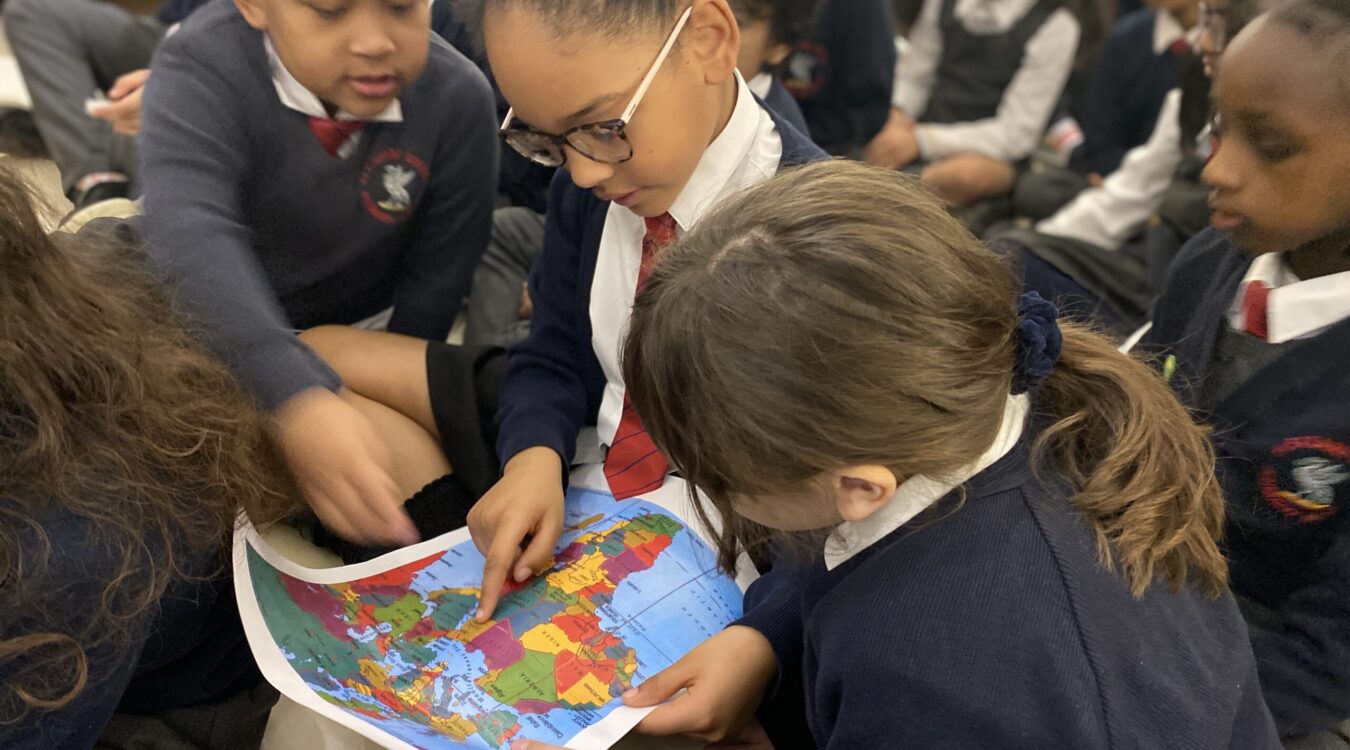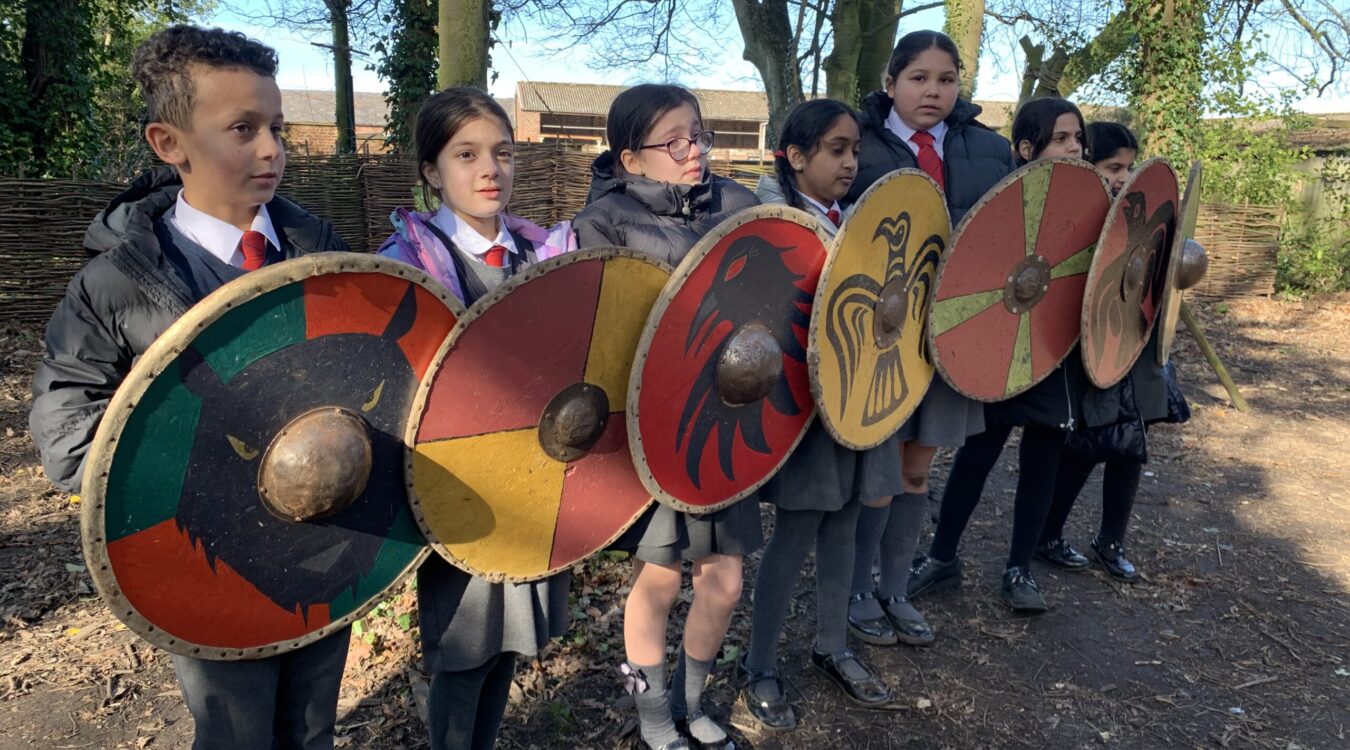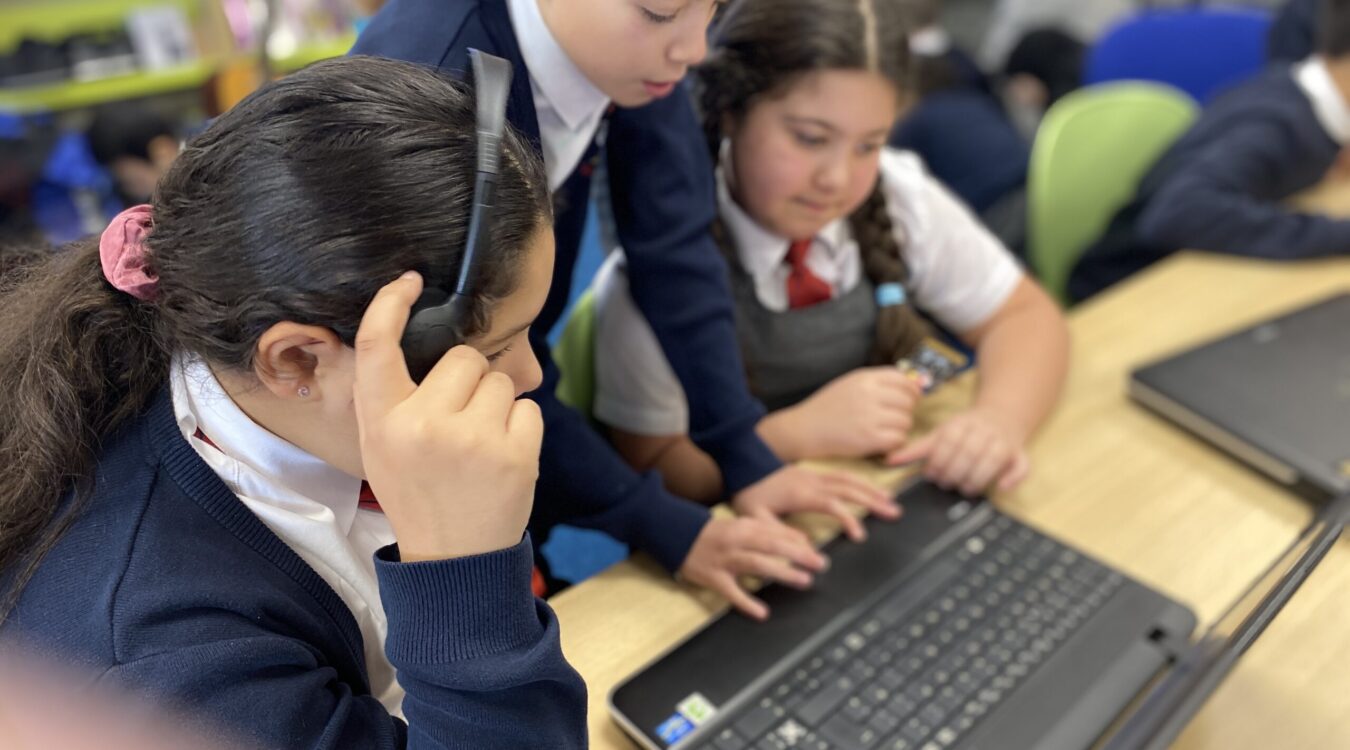Curriculum Rationale
Curriculum Rationale
At Pleasant Street our mission statement underpins both our curriculum and our wider school ethos. This includes the importance we place on mutual respect, appreciation and celebration of diversity in all its forms, whilst ensuring pupils learn both the British as well as human values which we as a school are committed to.
Pleasant Street Primary School pledges itself to be a place where uniqueness is celebrated and all individuals will find safety and respect for their families and their way of life. We are a family of many different cultures and beliefs which makes our school as unique, as the individuals that make it so special. Our differences are our strength and allows us all to grow together with an interest and love of our shared and different traditions.
A ‘high tide raises all ships’ philosophy is fostered within Pleasant Street. We have high expectations of all pupils and adults and actively challenge any perceived barriers to ‘dreaming big’. Pupils are encouraged to be relentless and resilient in pursuit of their ambitions; with an acknowledgement that we often have to experience failure before achieving success.
At Pleasant Street our community is central to our learning. Our diverse cultures come together to develop our understanding of our city, country and the world. Happiness and harmony are focal to our shared learning. We recognise the strengths of others and draw on this to support and inspire our own learning. Equally, we are always eager to motivate and guide others.
Intent
We have devised our own curriculum which we feel helps our children develop a knowledge and understanding of the world and our own locality. We have planned topics to engage children’s interest and curiosity; whilst ensuring full coverage of the National Curriculum. We strive for academic and personal excellence and want our children to have high aspirations. We want them to have no limits to what their ambitions are; and want them to work together to achieve this through our school values:
- Reflection
- Respect
- Resilience
- Responsibility
- Resourcefulness
Implementation
All National Curriculum subjects are carefully planned, structured and sequenced to ensure progression across units of work and across year groups or phases. A diverse range of both local and worldwide role models are celebrated. The classroom is a base, with opportunities in the local and wider environment and a range of after school activities seen as a key tool in enriching and empowering learning. This is achieved through:
- Teachers have good subject knowledge and are supported to maintain and improve this knowledge through coaching, training, observing best practice and undertaking relevant research
- Curriculum and Subject Leaders provide colleagues with support for planning, resourcing and teaching
- Lessons incorporate modelling; retrieval practice and, over time, revisit teaching and knowledge skills. Pre-teaching and the use of practical resources are used to ensure that all pupils can access the curriculum
- High quality texts are used from Nursery to Year Six building on the foundations of excellent teaching of phonics in KS1. Phonic sessions are also provided for any older children who may need extra support. Reading is prioritised and celebrated across the curriculum
- Progression and Road Maps are planned to ensure that teaching is sequential with staff ensuring that knowledge and skills are taught in a logical and progressive order
- The teaching of key vocabulary is a primary feature in all subjects and is prominent in the environnment; with oracy promoted at every opportunity.
Our curriculum provides the children with the personal qualities needed to achieve their dreams; resilience, determination, hope, positivity and overcoming adversity. These skills and characteristics are those that we instil into our children to ensure that they do not allow obstacles to prevent their ambitions to achieve optimum success in their chosen path.
Impact
We have ambitious expectations for children’s attainment and progress from their starting points – with progress measures for the school consistently considerably higher than national averages. Progress meetings take place regularly and inform future planning and interventions. Parents are kept informed of their child’s progress via, written reports and parent meetings.
The impact of our curriculum is also evaluated through ongoing and termly formal assessments and Government tests for phonics and at the end of both KS1 and KS2. A monitoring system for teaching, learning and pupil voice is embedded across the school.
Children’s progress is carefully monitored through appropriate assessment and, where children are found to need additional support, we have a variety of interventions and resources to assist them.
